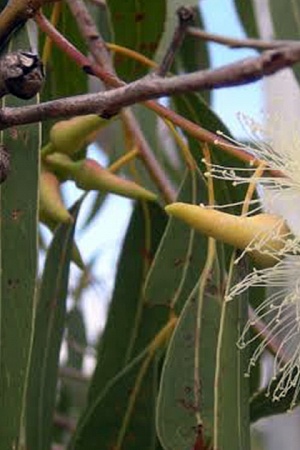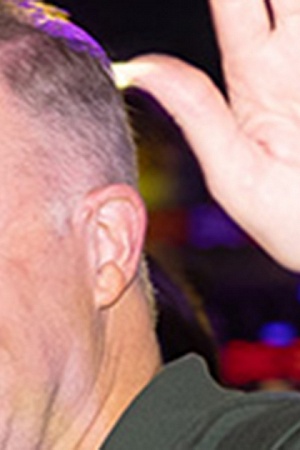Hydra as intimate theatre by Paul Genoni
In late 1963, Rodney Hall – an aspiring but unpublished poet and novelist – travelled through Greece’s Saronic islands with his wife and their infant daughter. Shortly after Christmas they found themselves on the island of Hydra, where they fell into the company of expatriate Australian writers George Johnston and his wife Charmian Clift, whose time on the island was drawing to a close after nearly a decade. The Johnstons, their marriage precariously holding together amid a ruinous trail of alcohol, infidelity, and public brawling, did as they had done so often before – cast aside their personal troubles and embraced their fellow Australians with immense personal warmth, hospitality, and charisma. As Hall remembers, ‘they were lovely, they were so warm, and welcoming, and funny and clever, and it was just instant friendship, we just loved them.’
By this time, a string of marginally successful novels had rendered Johnston’s finances as fragile as his marriage, but he was also armed with his justification for having taken his family from the locus of postwar literary expatriation, London, to a poorly developed corner of the Aegean. In his hands, Johnston held nothing less than his tilt at the Great Australian Novel, the book he believed would redeem his reputation and set right the personal and professional toll of his expatriation. As Hall recalls:
After we had known them five or six days, George said ‘I’ve finished this book, would you like to read it? You will have to come over to our place because I have only got two carbon copies and I can’t let either of them out of the house.’ So every morning I left Bet with the baby and I went over and sat at Charmian’s table, a big long wooden table running along one wall with a bench on one side and ladder back chairs. A lovely, beautiful kitchen. And I would read My Brother Jack, and sometimes George would come down to watch. It was a bit intimidating and he would sit at the end of the table and smoke. The table would seat sixteen or so people, and he would sit at the far end of the table pretending to read a book on his own account, but really checking on my response. And it was very exciting because certainly the first third of that book is truly wonderful, and I was able to be highly demonstrative. That went down well.
Continue reading for only $10 per month. Subscribe and gain full access to Australian Book Review. Already a subscriber? Sign in. If you need assistance, feel free to contact us.















Comments (2)
Leave a comment
If you are an ABR subscriber, you will need to sign in to post a comment.
If you have forgotten your sign in details, or if you receive an error message when trying to submit your comment, please email your comment (and the name of the article to which it relates) to ABR Comments. We will review your comment and, subject to approval, we will post it under your name.
Please note that all comments must be approved by ABR and comply with our Terms & Conditions.